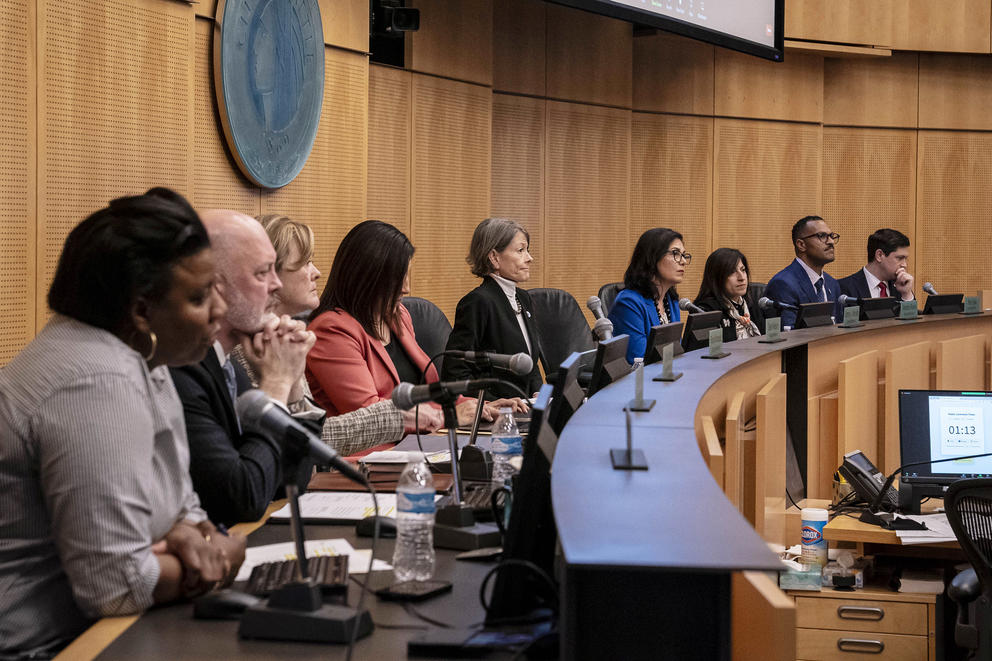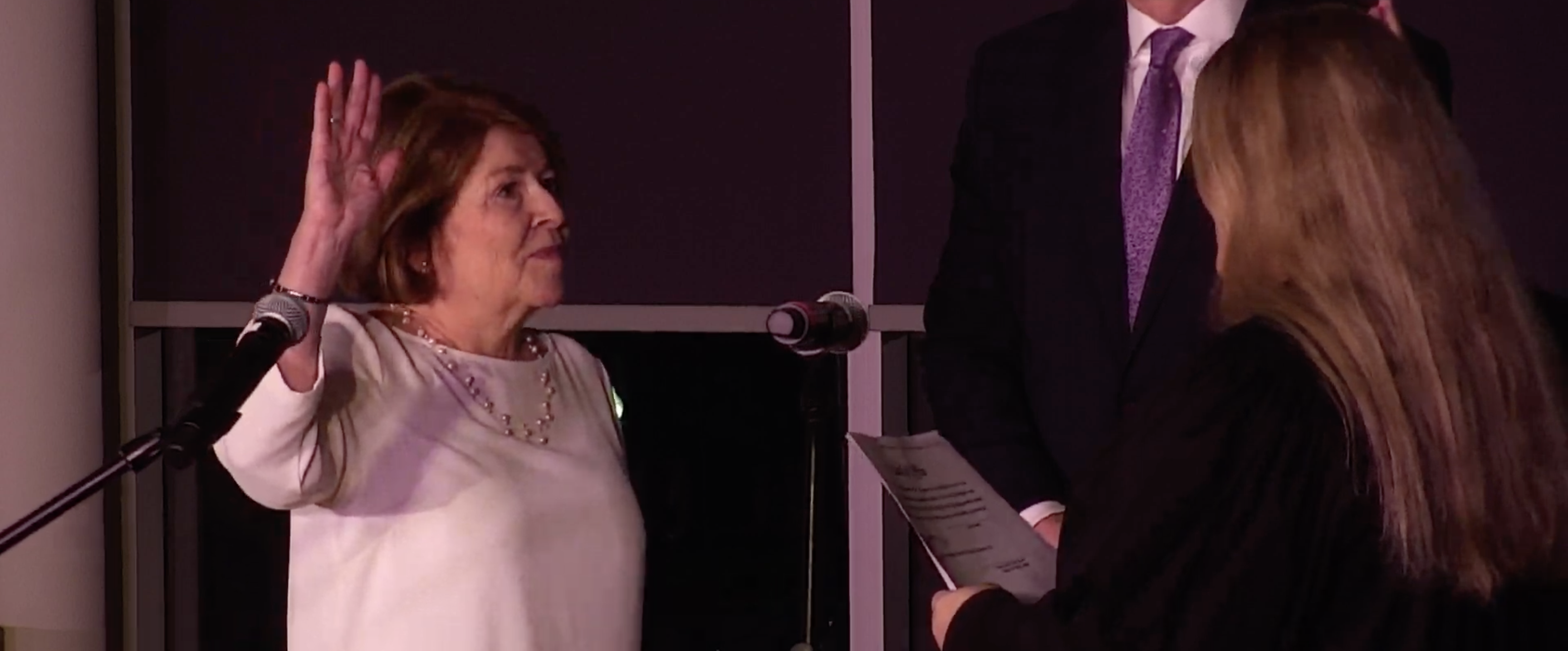The crowd of Republicans seeking outgoing U.S. Rep. Cathy McMorris Rodgers’ seat in the 5th Congressional District is growing. The candidates come to the race with various levels of local, state and national government experience.
McMorris Rodgers, R-Spokane, announced earlier this month she would not seek reelection after two decades in Congress. The 5th Congressional District covers 16,054 square miles in the easternmost part of the state and spans from Canada to the Idaho and Oregon borders.
Among them is Spokane City Councilman Jonathan Bingle. A former pastor and founder/owner of the businesses Bent Trivia and Bent Events, he is a notable conservative in a City Council that recently elected progressives for mayor and Council president.
Also running is State Rep. Jacquelin Maycumber. Maycumber, R-Republic, has represented the 7th Legislative District since 2017 and is the current House Republican Floor Leader.
Ferry County Commissioner Brian Dansel also has filed documents with the Federal Election Commission. Dansel was appointed to the commissioner position in 2023 and also served in the position from 2010 to 2013, when he was elected to the Washington State Senate. Most recently, he worked in the Trump administration as a special assistant to former Secretary of Agriculture Sonny Perdue.

Rene Holaday, a radio host and former aide to former State Rep. Matt Shea, also confirmed her candidacy on Radio Free Redoubt, a broadcast outlet that describes itself as an “emerging safe haven and refuge for God-fearing, Liberty-loving patriots.”
Another Republican candidate is John Guenther, a retired state employee on another election run after running for U.S. Senate in 2022, placing fourth in the primary behind Sen. Patty Murray and Republican challenger Tiffany Smiley. Rounding out the Republican field is Anthony Jensen.
The Republicans join Democratic candidates who earlier announced their campaigns: Ann Marie Danimus, Carmela Conroy, and Bernadine Bank. McMorris Rodgers has handily defeated Democratic opponents since her first Congressional election in 2004. Lisa Brown, former State Senator and Commerce director, came closest when she received 45% of votes in her loss to McMorris Rodgers in 2018. Brown recently started her first term as Spokane mayor.
Former Spokane Mayor Nadine Woodward, whom Brown defeated in the general election in November, told The Spokesman-Review that she was considering joining the Congressional race.








